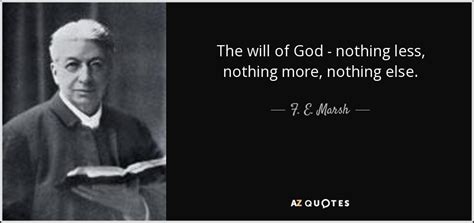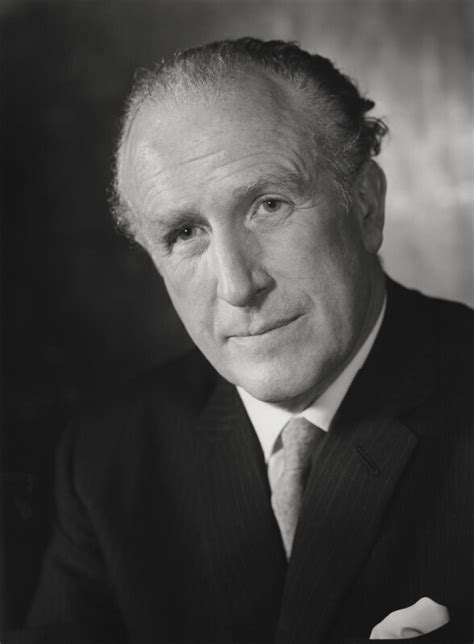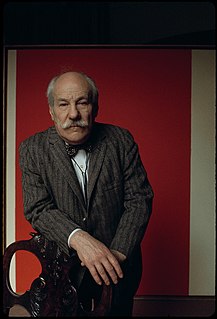A Quote by Eric Hoffer
The less justified a man is in claiming excellence for his own self, the more ready is he to claim all excellence for his nation, his religion, his race or his holy cause.
Related Quotes
The master in the art of living makes little distinction between his work and his play, his labor and his leisure, his mind and his body, his information and his recreation, his love and his religion. He hardly knows which is which. He simply pursues his vision of excellence at whatever he does, leaving others to decide whether he is working or playing. To him he's always doing both.
No man, however enslaved to his appetites, or hurried by his passions, can, while he preserves his intellects unimpaired, please himself with promoting the corruption of others. He whose merit has enlarged his influence would surely wish to exert it for the benefit of mankind. Yet such will be the effect of his reputation, while he suffers himself to indulge in any favourite fault, that they who have no hope to reach his excellence will catch at his failings, and his virtues will be cited to justify the copiers of his vices.
Depending on the year or the therapist he was seeing, he'd learned to ascribe just about every facet of his character as a psychological reaction to his parents' fighting: his laziness, his overachieving, his tendency to isolate, his tendency to seduce, his hypochondria, his sense of invulnerability, his self-loathing, his narcissism.
In His discourses, His miracles, His parables, His sufferings, His resurrection, He gradually raises the pedestal of His humanity before the world, but under a cover, until the shaft reaches from the grave to the heavens, whenHe lifts the curtain, and displays the figure of a man on a throne, for the worship of the universe; and clothing His church with His own power, He authorizes it to baptize and to preach remission of sins in His own name.
His face set in grim determination, Richard slogged ahead, his fingers reaching up to touch the tooth under his shirt. Loneliness, deeper than he had never known, sagged his shoulders. All his friends were lost to him. He knew now that his life was not his own. It belonged to his duty, to his task. He was the Seeker. Nothing more. Nothing less. Not his own man, but a pawn to be used by others. A tool, same as his sword, to help others, that they might have the life he had only glimpsed for a twinkling. He was no different from the dark things in the boundary. A bringer of death.
The young man who addresses himself in stern earnest to organizing his life-his habits, his associations, his reading, his study, his work-stands far more chance of rising to a position affording him opportunity to exercise his organizing abilities than the fellow who dawdles along without chart or compass, without plan or purpose, without self-improvement and self-discipline.





































